Washington University in St. Louis has been selected to join the Kessler Scholars National Collaborative, an innovative effort that provides first-generation students with the resources to thrive on campus.
As a member, Washington University will launch a new cohort initiative, the Kessler Scholars Program, which will recruit and support first-generation and limited-income students who want to improve society using their science, technology, engineering and mathematics (STEM) degrees.
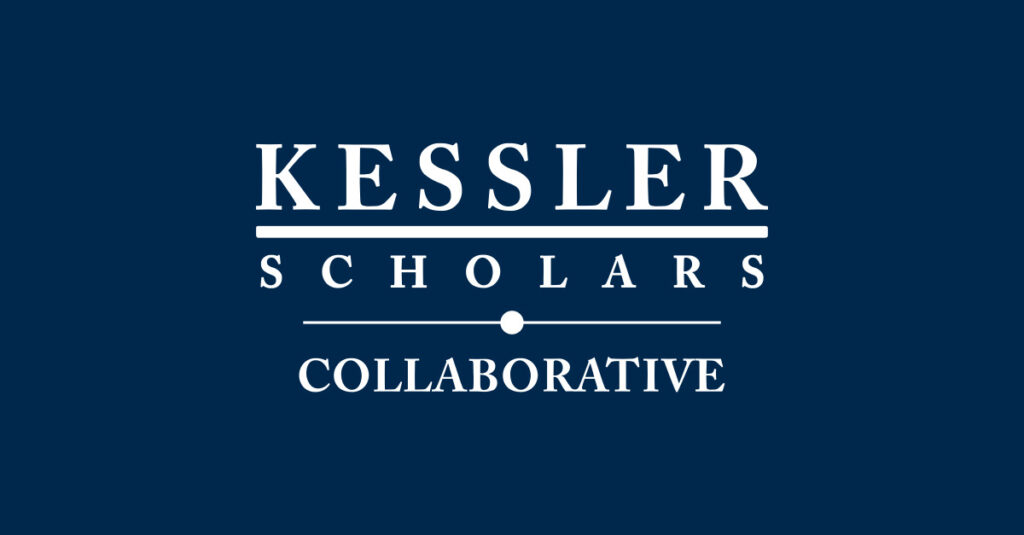
Chancellor Andrew D. Martin said Kessler Scholars will receive ongoing comprehensive student support, including scholarship packages, academic advising and career programming.
“At WashU, we’ve developed a number of programs and policies to remove the barriers between first-generation and lower-income students and a Washington University education,” Martin said. “But there is more to do and more to learn. Being a member of Kessler Scholars National Collaborative will help us learn from our peers and develop practices that benefit all of our students.”
Starting with the Class of 2027, the university will actively recruit 20 Kessler Scholars per year. Like all Washington University students, Kessler Scholars will receive financial aid that meets 100% of their demonstrated need. In addition, Kessler Scholars will receive full funding to participate in a summer bridge program and will be eligible for two grants of up to $5,000 apiece for summer research, internship and study-abroad opportunities.
The university chose to focus on STEM and social impact for two reasons, said Mark Kamimura-Jimenez, associate vice chancellor and dean of the Center for Diversity and Inclusion. One, many limited-income students report a strong interest in careers that address societal challenges such as public health and climate change. And two, research shows that low-income students who attended a high school with limited STEM offerings are more likely to abandon their STEM studies.
“We know our lower-income and first-generation STEM students are talented, ambitious and want to use their WashU educations to solve some of our biggest, toughest problems,” Kamimura-Jimenez said. “We also know that education in this nation is woefully unequal. Unlike their peers, many of our first-generation and limited-income students never had the opportunity to take Advanced Placement math and science classes. The summer bridge program, coupled with existing academic mentoring resources, such as the Deneb STARS program and the Learning Center, will give these students the foundational knowledge they need to persist.”
In addition to academic opportunities, Kessler Scholars also will participate in social impact programs and opportunities developed by the Gephardt Institute for Civic and Community Engagement and career programming led by a dedicated career coach.
Washington University was one of 10 universities selected to join the collaborative. As a new member, Washington University will receive a $1 million five-year grant. The Kessler Scholars National Collaborative is supported by Bloomberg Philanthropies, the Judy and Fred Wilpon Family Foundation and the American Talent Initiative, an alliance of 334 colleges and universities committed to graduating 50,000 additional limited-income students by 2025.
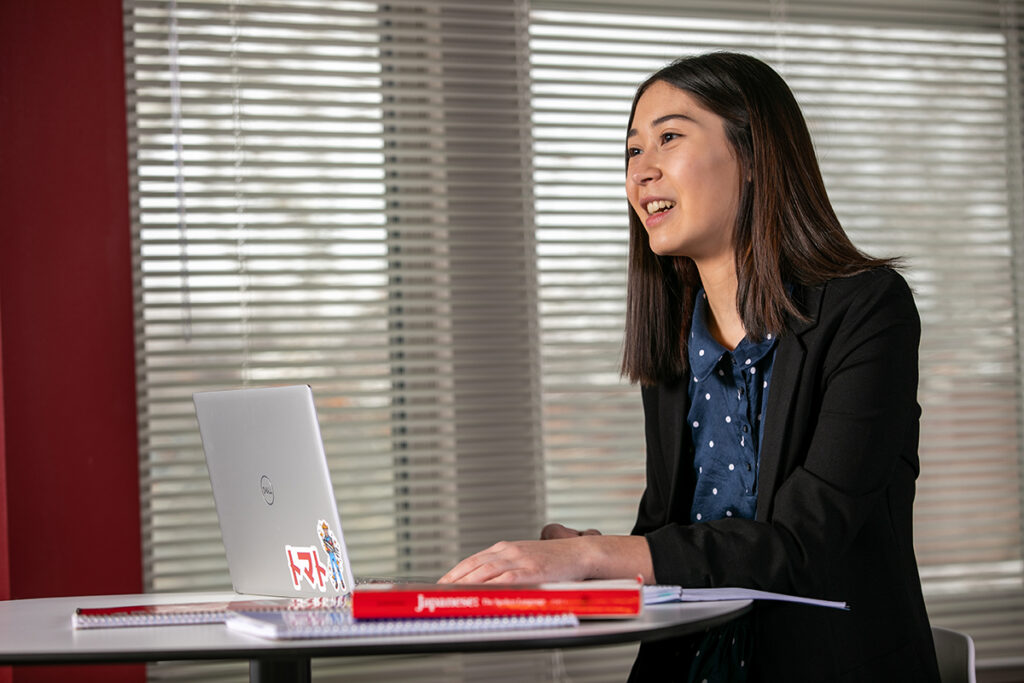
Ongoing effort to recruit, support first-generation, low-income students
Since 2013, the percentage of Pell Grant-eligible students at Washington University has grown from 6% to 17% of the incoming Class of 2026. The percentage of first-generation students has increased from 4% to 12% during that same period. Though not all Pell-eligible students are first generation and not all first-generation students are Pell eligible, there is significant overlap.
To better serve these students, Washington University has launched a number of initiatives, including:
- The WashU Pledge: Launched by Martin in 2019, the WashU Pledge provides a free undergraduate education to incoming full-time students from Missouri and southern Illinois who are Pell Grant-eligible or from families with annual incomes of $75,000 or less. The WashU Pledge covers the full cost of a Washington University education, including tuition, room, board and fees. Pledge recipients also are eligible for the first-year grants mentioned below.
- Gateway to Success: Unveiled in 2021, the Gateway to Success initiative includes $800 million in endowed funding to support need-blind undergraduate admissions — long a top goal for the university. As a need-blind institution, the university will not consider an applicant’s ability to pay when making admissions decisions while still meeting 100% of demonstrated financial need for admitted first-time undergraduates who are U.S. citizens or permanent residents.
- QuestBridge Scholars: QuestBridge is a scholarship program that matches talented first-generation and low-income students to some of the nation’s best colleges. This year, Washington University fully funded 60 QuestBridge scholars, covering tuition, room, board and fees.
- Chancellor’s Career Fellows Program: Entering its second year, this fully funded career education program offers select first-generation and low-income students personalized career planning and coaching and a stipend of up to $5,000 for unpaid or underpaid summer internships.
- First Year Grants: In an effort to help lower-income first-year students transition to college, the university offers three startup grants: $1,115 for a computer; $500 for books and class materials; and $1,000 for school supplies, residential hall supplies and winter clothing.
- Student Success Fund: Washington University alumnus and emeritus trustee John Dains has made an $8 million gift to the university’s Student Success Fund, which covers emergency and educational enrichment expenses, such as a trip home for a family emergency, a suit for a job interview or registration fees for an academic conference. The gift is believed to be one of the largest to a university student support initiative.
- Deneb STARS: A cohort program that provides community and academic support, the Deneb STARS program is now 800 members strong and celebrates the cultural wealth that low-income and first-generation students bring to Washington University.
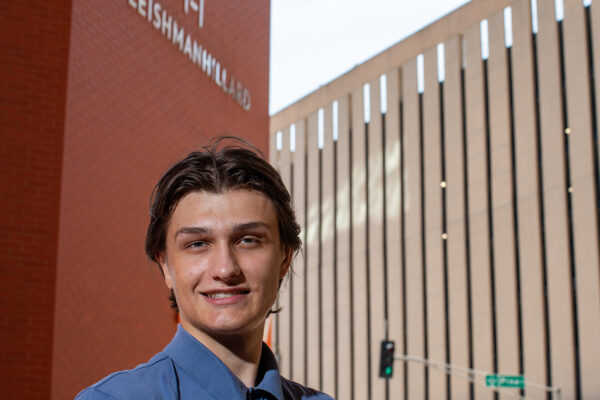
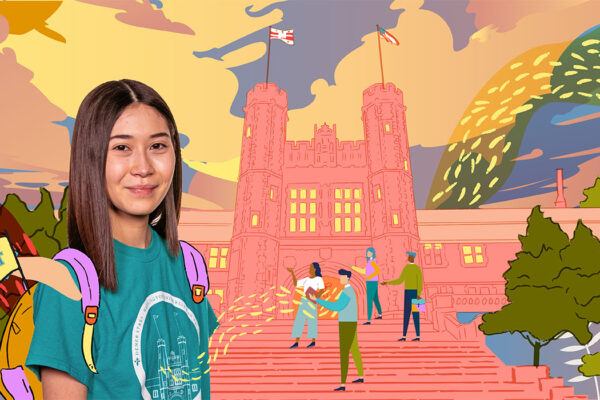
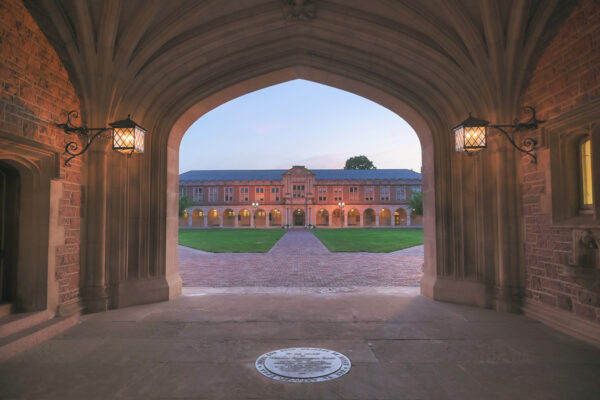
Comments and respectful dialogue are encouraged, but content will be moderated. Please, no personal attacks, obscenity or profanity, selling of commercial products, or endorsements of political candidates or positions. We reserve the right to remove any inappropriate comments. We also cannot address individual medical concerns or provide medical advice in this forum.